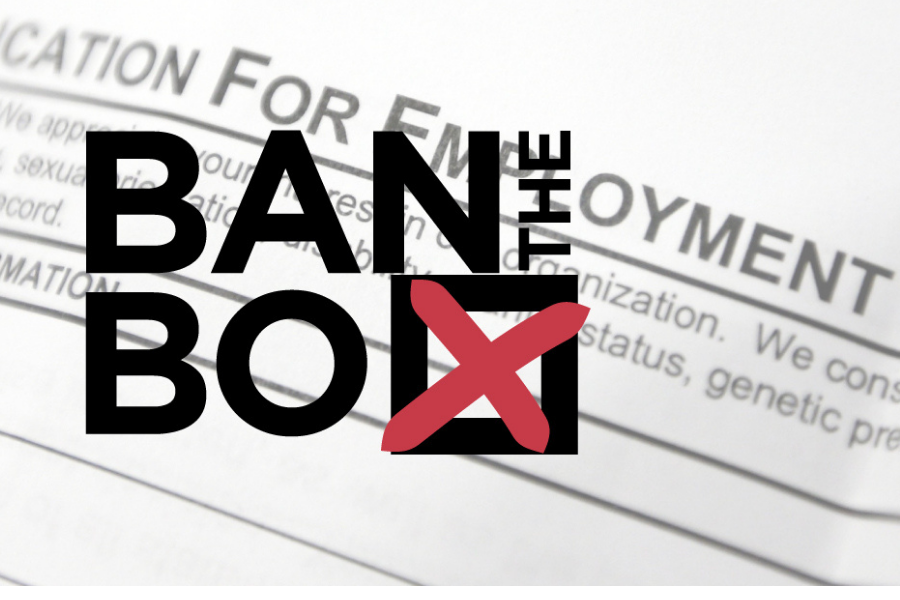
25Feb
2022
You got the FCRA. You are all set. Right?!
What else is out there?
Ban the Box Laws. Salary history bans. 7-year reporting.
Ban the Box
What does it mean?
The basic premise is to provide a fair shot to all candidates, regardless of their criminal background. While before, employers requested criminal information from a candidate before a background check. There has now been an increase in limiting this practice.
You can still run a criminal background check.
The idea is to push the consideration of criminal records further down the process to give everyone a fair chance. Some jurisdictions go a step further. They only allow an employer to request a background check after an interview or a conditional offer. Ban the box laws can vary and apply at the statewide or local level.
Where does it apply?
Currently, there are thirteen states and the District of Columbia with Ban the Box laws. These states are California, Colorado, Connecticut, Hawaii, Illinois, Massachusetts, Minnesota, New Jersey, New Mexico, Oregon, Rhode Island, Vermont, and Washington. Each jurisdiction’s applicability may vary depending on job type, and whether you operate in the private or public sector.
Regardless of your local requirements, it is good to consider the following factors when you receive a criminal report:
7-year reporting
This term pertains to the reporting of convictions and non-convictions on criminal records.
Convictions
The FCRA allows you to report convictions. How long ago they occurred is not a reason that precludes documenting the record. Nonetheless, 18% of states limit the reporting of convictions to seven years; these states are California, Kansas, Maryland, Massachusetts, Montana, New Mexico, New York, New Hampshire, and Washington.
Non-convictions
While the FCRA allows for reporting of non-convictions for seven years, some states restrict this reporting time as well. Currently, the following states do not allow the reporting of non-convictions on a criminal record report, California, Kentucky, New York, and New Mexico.
Salary History Bans
Salary bans are in place as an effort to end pay discrimination. The depth of these bans varies by state and local.
Michigan and Wisconsin have taken legislative steps that stop the enactment of salary history bans.
The following have enacted salary history bans to some degree:
Statewide: Alabama, California, Colorado, Connecticut, Delaware, District of Columbia, Hawaii, Illinois, Maine, New Jersey, New York, North Carolina, Oregon, Pennsylvania, Puerto Rico, Vermont, Virginia, and Washington.
Local jurisdictions: Albany (NY), Atlanta, Cincinnati (OH), Chicago, Columbia (SC), Jackson (MS), Kansas City (MO), Louisville, Massachusetts, Montgomery County (MD), New Orleans, New York City (NY), Richland County (SC), Salt Lake City (UT), San Francisco, St. Louis (MO), Suffolk County (NY), Toledo (OH), Westchester County (NY).
What can you do?
The practice of background screening companies varies.
Some companies may be putting you in a new position of potential liability. Understand ban the box laws and salary history bans. Please work with your provider to understand their reporting guidelines. Continue to build HR confidence in your screening process.
Have a conversation with your screening provider to ensure HR confidence in background checks and let them help you.
Share pertinent information with them so they can help you out. Things that could guarantee a productive conversation with your provider include the States you operate in, the types of positions you have, your recruiting process, and others.
With this information in hand, your screening provider is more equipped to provide suggestions for improvement to your application and background check process.
This information is provided as a courtesy, may change, and is not intended as legal guidance.